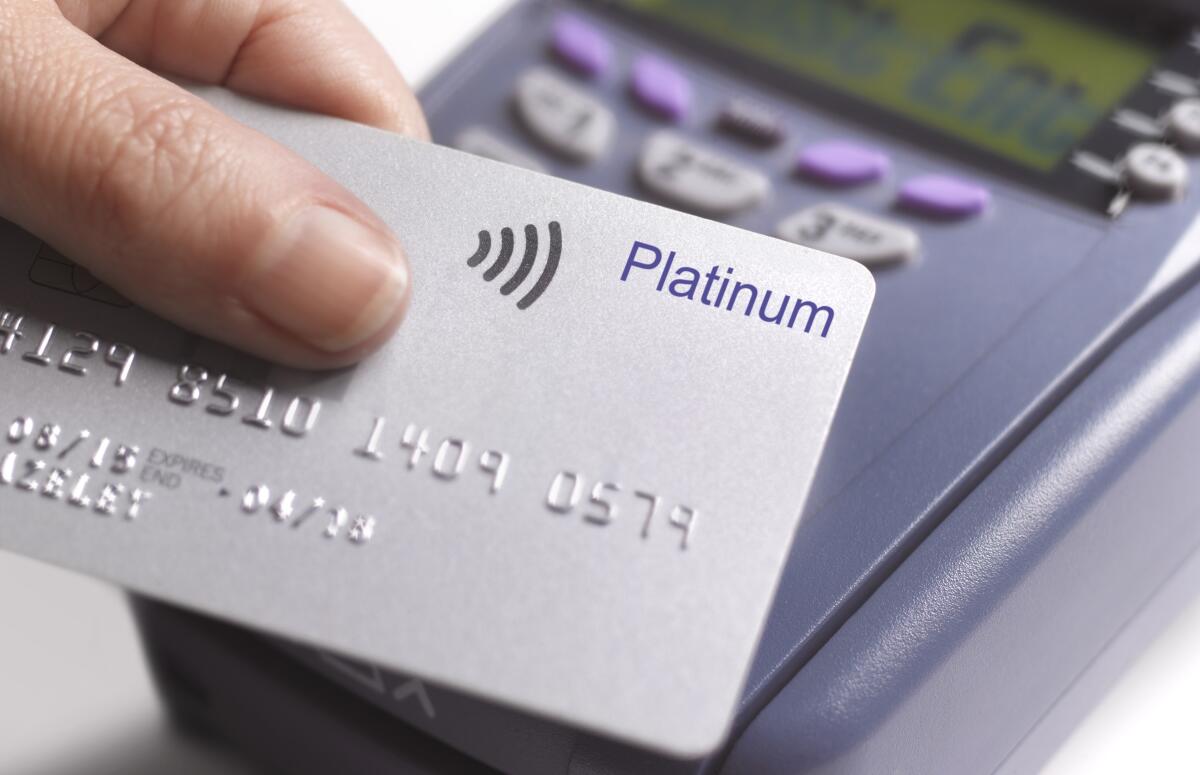One big trip whacked this reader’s credit score. How is that possible?

Dear Liz: I normally use about 5% of my credit card lines and pay them off every month. I just made a major trip purchase that pushed my month’s usage to 31%. My score dropped from 820 to 708 in one day. I can’t believe that the score dropped so much. I have paid my accounts in full for decades. I immediately paid the current balance instead of waiting for the due date in hopes that the score will return. Hard for me to believe this is so sensitive. Comment please.
Answer: Credit scoring formulas are incredibly sensitive to how much of your available credit you’re using. It doesn’t matter whether you pay your balances in full. What matters is the size of your balance on the day that your credit card issuer reports to the credit bureaus. The balance is often, although not always, what you owe on the statement’s closing date.
The large drop you witnessed could indicate a bigger problem, however, such as a missed payment or a collection showing up on your credit reports.
Visit AnnualCreditReport.com and request free copies of your credit reports from each of the three major credit bureaus. (Be careful here: You should type annualcreditreport.com into your browser’s address bar, because searching for AnnualCreditReport.com can turn up a bunch of look-alike sites that might try to charge you for credit monitoring or other services.)
All this assumes that you were looking at the same type of score from the same credit bureau. If you looked at a FICO 8 from Experian on Day 1 and a VantageScore 3.0 from TransUnion on Day 2, then any “movement” in the scores could be chalked up to a difference in the formulas or the underlying data at the credit bureaus.
Record diesel prices are slamming consumers in hidden ways. That’s because diesel drives the economy, fueling trucking, agriculture and other major industries.
Homeownership and taxes
Dear Liz: Five years ago I co-signed on a mortgage for my daughter’s condo in another state. I provided the down payment and paid to upgrade the water, HVAC and kitchen appliances. She paid the mortgage and all other expenses. She also claimed the mortgage interest on her taxes every year. She just sold the condo and is moving to another state. The net proceeds will mostly be used for the down payment on the next property. My name will not be on that one. She will pay me back for the down payment in installments.
I’m aware that the year a property is sold is the only time to claim the upgrades for a deduction. I haven’t been claiming any part of the condo in the last five years. Is there some way to do that on my 2022 taxes? Or should she take the deduction and pay me back in more installments down the road? Obviously, I don’t want to make a claim that will hurt her 2022 taxes, but it would be nice to recoup some of it.
Answer: Home improvements on a personal residence aren’t deductible. If your daughter had paid for the upgrades, she could use the cost to reduce the amount of home sale profits that might otherwise be subject to capital gains taxes. These upgrades can be added to the home’s tax basis, which is typically the amount that was paid to purchase the home. The basis is what is deducted from the amount realized from the sale. It’s the sales price minus any selling costs, such as real estate commissions.
People who live in a home for two of the five years prior to the sale can exclude up to $250,000 of those profits from taxes. (Married couples can exclude up to $500,000.) Unfortunately, those limits haven’t changed since 1997 even as the average home sale price has nearly tripled.
Too often, people don’t discover they owe a tax bill until after they’ve invested the money in another home or otherwise spent it. If your daughter hasn’t already, she should consult a tax pro so she understands what, if any, taxes she may owe on her sale.
Liz Weston, Certified Financial Planner, is a personal finance columnist for NerdWallet. Questions may be sent to her at 3940 Laurel Canyon, No. 238, Studio City, CA 91604, or by using the “Contact” form at asklizweston.com.
More to Read
Inside the business of entertainment
The Wide Shot brings you news, analysis and insights on everything from streaming wars to production — and what it all means for the future.
You may occasionally receive promotional content from the Los Angeles Times.











